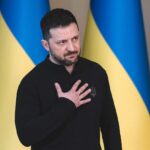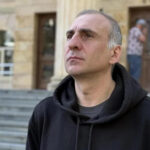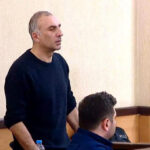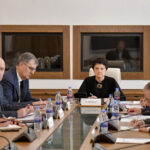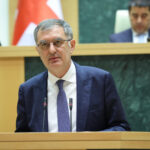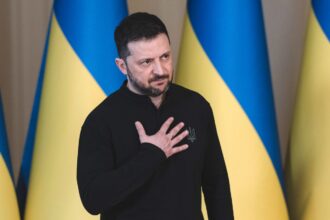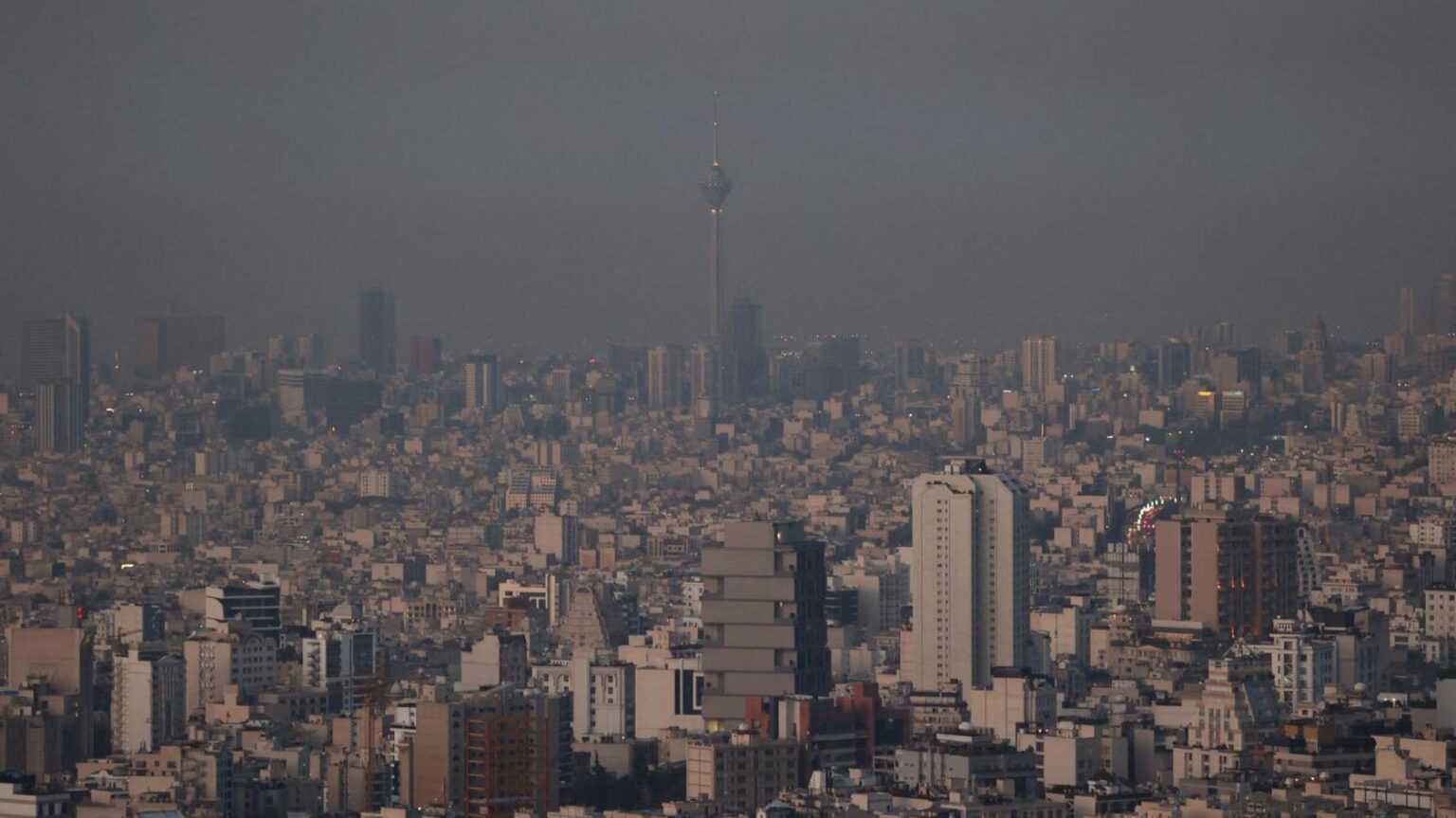The Israeli Defense Forces (IDF), confirmed that it was conducting “precise” attacks on “military” targets in Iran. Residents in some areas reported loud booms. The White House called the strikes an “exercise in self-defence”. A senior administration official said the US had worked with Israel to encourage a “targeted and proportional” response.What was the scale of the attacks?The extent of the attacks – and the damage caused – remains unclear at this stage.The IDF said it hit around 20 targets, including missile manufacturing facilities, surface-to-air-missiles and other military sites. The Iranian military confirmed two soldiers died “while fighting projectiles”. Iranian authorities said sites in Tehran and Khuzestan provinces were targeted. The air defence system of Iran said that it had “successfully” intercepted the attacks but that “some areas suffered limited damage”. BBC Verify has identified damage to a defence ministry to the east and south of Tehran. A senior US official said that the attacks did no damage to Iranian oil infrastructure or to nuclear facilities, which President Joe Biden had urged Israel to avoid. Syrian state media reported strikes on military bases in central and southern Syria. Israel has not confirmed the strike. In July, Israel’s airstrike in Beirut killed a senior Hezbollah leader. The next day in Tehran, Hamas leader Ismail Haniyeh died in an explosion. Israel didn’t comment. In late September, Israel killed Hassan Nasrallah, the Hezbollah leader, and Brig-Gen Abbas Nilforoushan in Beirut, a senior Iranian official. On October 1, Iran fired 200 ballistic missiles into Israel in response to the death of Haniyeh and Nasrallah. What happened next? Early signs indicate that this attack was not as serious as some had feared. The IDF said that Iran is pushing for a wider regional escalation. A senior US official said “this should be the end of this direct exchange of fire between Israel and Iran”. The IDF stated that Iran is pushing for a regional escalation. A senior US official stated that “this should be an end to this direct exchange of firing between Israel and Iran”. Iran’s Foreign Ministry said it was entitled and obligated “to defend itself” and that the attack was a violation international law. But it also said Tehran Iran usually refers to Western media outlets as hostile. Iranian media reported today that Tehran’s Prosecutor’s Office had filed charges against a website for “covering issues contrary to national security”. The world has responded in different ways. US National Security Council spokesman Sean Savett stated that Israel’s response was “avoided civilian areas and focused only on military targets” – contrary to Iran’s attack that targeted Israel’s largest city. But Washington’s goal is to “accelerate diplomacy and to de- Egypt’s foreign ministry echoed those concerns, saying it was “gravely concerned” by the strikes.Hamas described them as “a flagrant violation of Iranian sovereignty, and an escalation that targets the security of the region and the safety of its peoples”.Additional reporting by Ghoncheh Habibiazad, BBC MonitoringMore on this storyStrikes on Iran suggest Israel may have heeded US warningsMiddle East conflict: How will it end?Israel says it launched ‘targeted’ air strikes on IranMiddle EastIsraelHezbollahLebanonIran
Read More @ www.bbc.com
